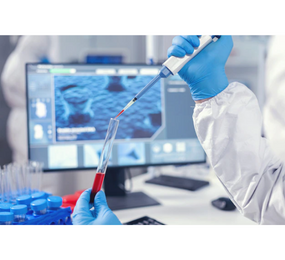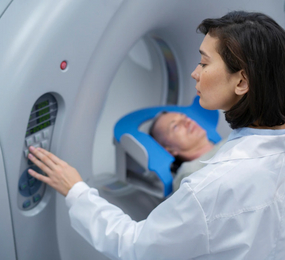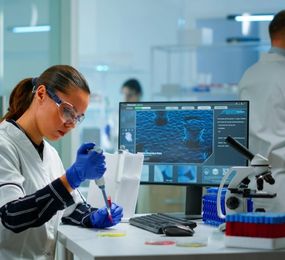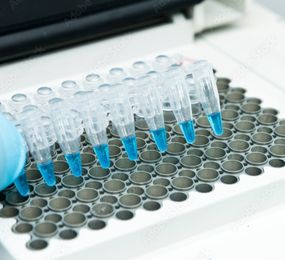Cell therapy, harnessing the power of our cells to fight disease, is transforming medicine. However, biomanufacturing these personalized treatments presents unique challenges. Let's explore the intricate considerations involved in bringing cell therapies, like CAR-T, from the bench to the patient's bedside.
The Power of Personalized Medicine:
Cell therapy, particularly Chimeric Antigen Receptor T-cell (CAR-T) therapy, offers a revolutionary approach to cancer treatment. By genetically engineering a patient's T cells to recognize and attack cancer cells, CAR-T therapy holds immense promise for treating aggressive cancers.
Biomanufacturing Considerations for Cell Therapies:
-
Scalability: Producing large quantities of personalized cell therapy products for multiple patients presents a significant challenge.
-
Cell Culture: Maintaining optimal conditions for cell growth, expansion, and activation during biomanufacturing is crucial for treatment efficacy.
-
Personalized Manufacturing: Tailoring cell therapy to each patient necessitates robust quality control measures at every step of the process.
Challenges and Advancements:
Biomanufacturing for cell therapy faces hurdles, but advancements offer hope:
-
Closed-Loop Systems: Developing closed-loop biomanufacturing systems can minimize contamination risks and streamline production processes.
-
Automation: Implementing automation technologies can improve consistency and scalability in cell culture and manipulation steps.
-
Cryopreservation: Advancements in cryopreservation techniques allow for storing and transporting cell therapies more efficiently.
Beyond CAR-T Therapy:
Cell therapy extends beyond CAR-T, with applications in various diseases:
-
Stem Cell Therapy: Stem cells hold promise for treating neurological disorders, blood diseases, and other conditions. Overcoming manufacturing challenges is crucial for wider application.
-
Gene-Edited Cell Therapy: Combining cell therapy with gene editing technologies allows for correcting genetic defects in the patient's cells. Refining biomanufacturing processes for such therapies is essential.
Balancing Cost and Efficiency:
Cost-effectiveness is a critical consideration for cell therapy. Balancing the need for personalized treatment with efficient and scalable manufacturing processes is paramount to ensure wider patient access.
Cell therapy, particularly CAR-T, offers a glimpse into the future of personalized medicine. By addressing the challenges and embracing advancements in biomanufacturing, we can ensure the production of safe, effective, and accessible cell therapies for a wider range of patients. As the field progresses, cell therapy has the potential to revolutionize how we treat a multitude of diseases.
To register or learn more about the Forum please check here: https://bit.ly/3WRMLFS.
For more information and group participation, contact us: [email protected]
















